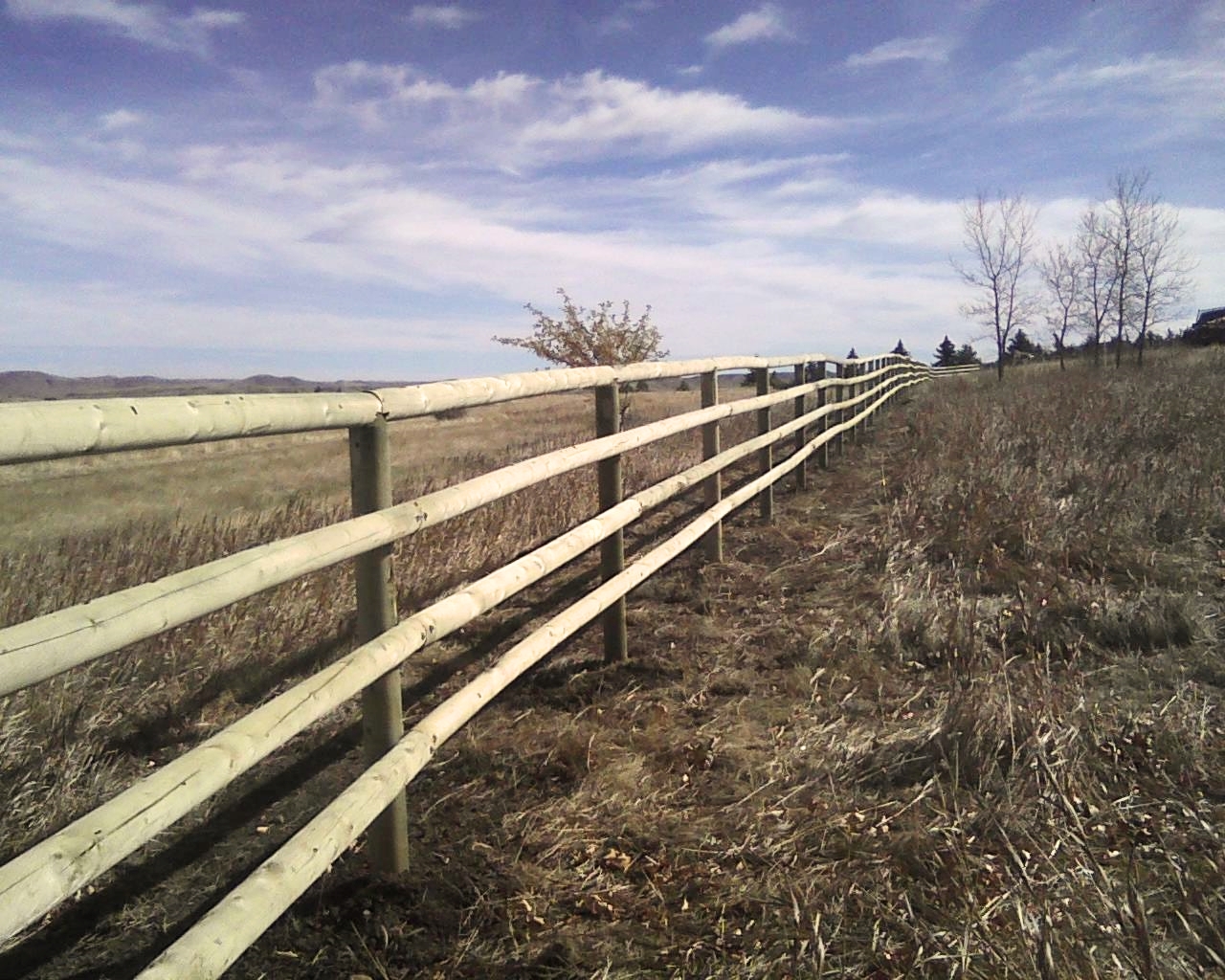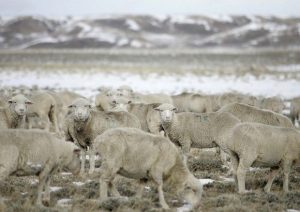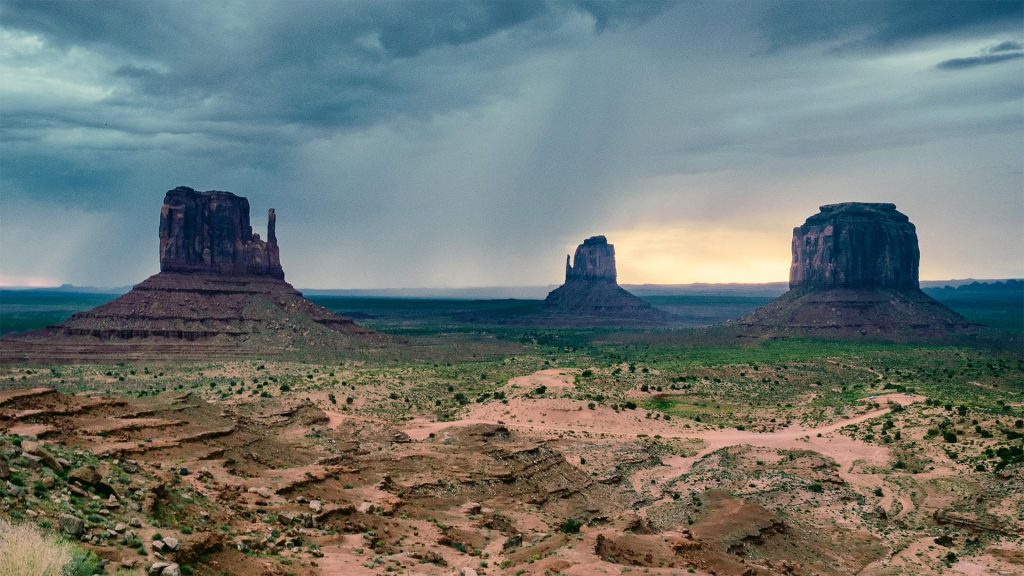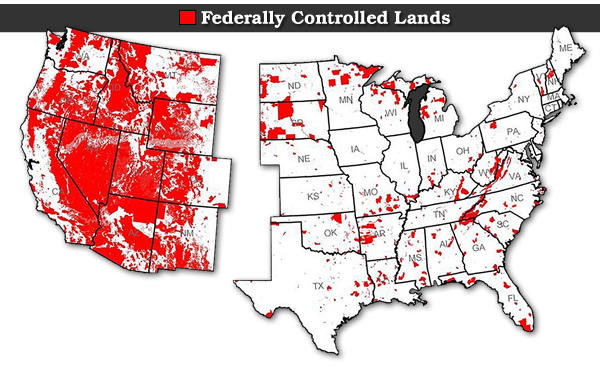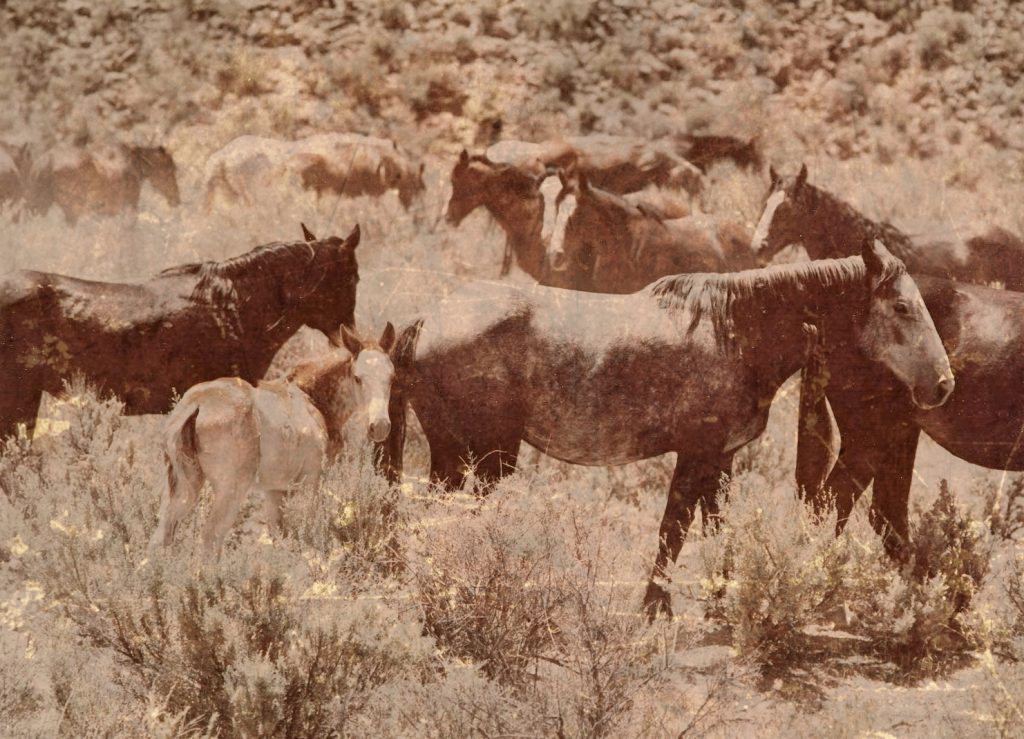Ranchers, environmental group settle trespass lawsuit
Arno Rosenfeld
published by Casper Star Daily
A group of Wyoming ranchers and the environmental group they were suing for trespassing have reached a settlement, with both sides claiming victory.
Fifteen landowners from Fremont, Sublette and Uinta counties alleged in a 2014 lawsuit that a Western Watersheds Project researcher had illegally crossed their property to collect water samples. The settlement prohibits the group’s employees from going onto the landowners’ property in the future and makes it easier for the ranchers to seek punitive damages if future trespassing occurs, plaintiff’s attorney Karen Budd-Falen said.
“We are very happy,” Budd-Falen said. “The settlement gives the landowners even more than they could have gotten if Western Watersheds Project had allowed the case to go forward.”
But watersheds project interim director Greta Anderson said the settlement represented a positive outcome for the organization under the circumstances.
“Her claims didn’t actually win anything that didn’t already exist,” Anderson said, noting that while the settlement explicitly bars watersheds representatives from trespassing on private land, those same restrictions apply to all members of the public.
“(Landowners) paid two years of legal bills to Ms. Budd-Falen for a claim that she hoped would deliver a much greater outcome.”
The lawsuit alleged that Western Watersheds trespassed on private property 60 times between 2005 and 2014. The organization maintains that it used public access roads to collect water samples and that any trespassing was unintentional.
In a 2015 speech covered by Livestock Weekly, Budd-Falen described the lawsuit in giddy terms, explaining that suing an environmental group for using private roads to collect samples from public waterways was a new and exciting tactic.
“One of the funniest things I’m doing right now … is we have figured out a way to sue Western Watersheds Project,” the article quoted Budd-Falen as saying.
The Cheyenne attorney said the reporter misquoted her. Budd-Falen said she meant it was “funny” that the coordinates that Western Watersheds turned into the Wyoming Department of Environmental Quality, along with the results of their tests, are what showed that they had crossed private lands.
“The reason we were able to catch them is because they had collected data,” Budd-Falen said.
But the article quotes Budd-Falen describing at length the lawsuit as a breakthrough in the legal fight between ranchers and environmental groups that claim livestock is polluting public waters.
“For a long time … we all thought we were relegated to just suing the federal agencies or intervening on behalf of the federal agencies when some stupid environmental group sued them,” Budd-Falen said in her speech to New Mexico ranchers.
But by going after the method that environmental groups used to collect their data, Budd-Falen said they could target the organizations directly.
“This is so much fun,” Budd-Falen was quoted as saying.
Budd-Falen disputed the article’s characterization of her speech and said the lawsuit was purely about respect for private property rights. However, she was clear in her disdain for Western Watersheds.
“Obviously, the work they’re doing is trying to put my clients out of business,” she said.
Western Watersheds says the data it collected shows high levels of E. coli in water near cattle grazing. The group submits that data to the Wyoming DEQ to include on its list of impaired waters, Anderson said.
“The work we do is in the public interest, and private interests shutting us down have been unsuccessful,” Anderson said. The group was represented pro bono by law professors at the University of Denver.
The tactic of going after environmentalists for trespassing, rather than challenging the substance of their claims, was bolstered by a 2015 state legislature bill. Senate File 12 imposes penalties of up to six months in jail and a $5,000 fine on people who trespass on private land to collect data.
Individuals seeking to collect data on private land must now receive explicit permission to access private property. Environment and civil liberties groups criticized the bill as an attempt to stifle the work of activists.
Free Range Report Admin.
